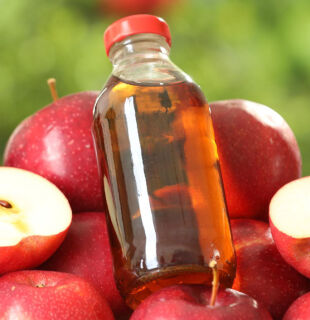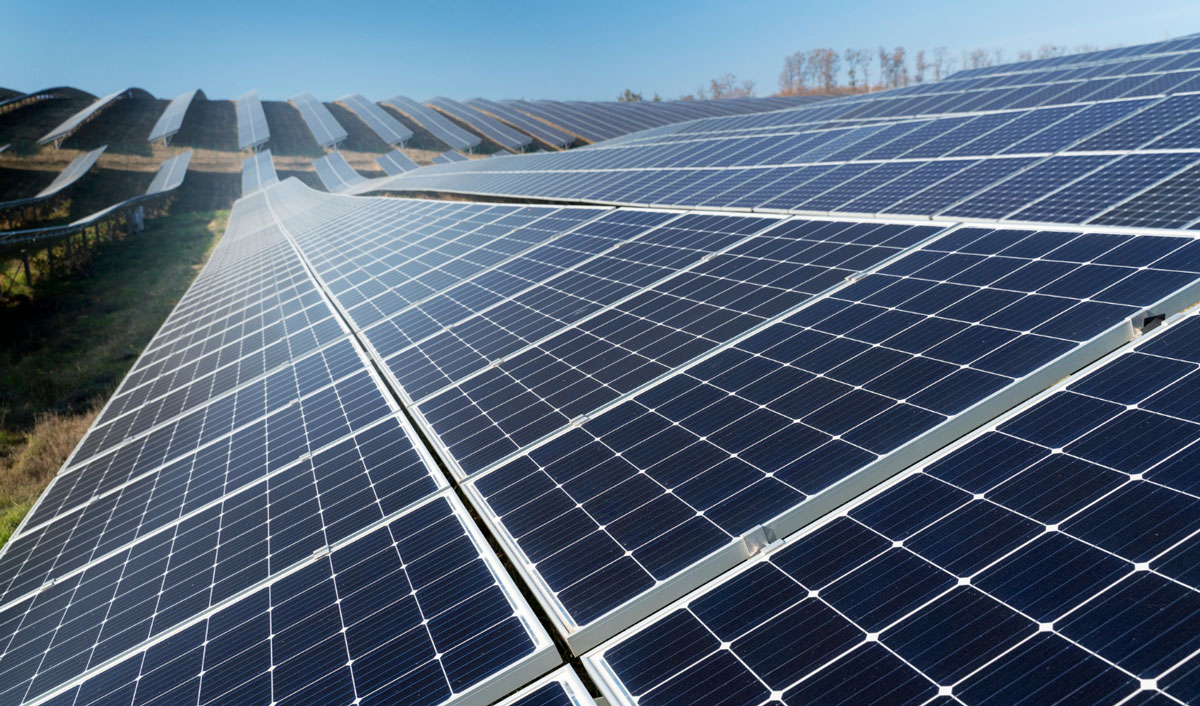
For 2025, according to the Association “Union of Sugar Producers of RM” (UPZM), two Moldovan companies-operators of the sugar beet complex – Sudzucker Moldova and Moldova Zahăr – have contracted about 14 thousand hectares of agricultural land for sugar beet cultivation. Despite the drought and losses registered last year, sugar and sugar beet producers continue to invest in Moldovan agriculture.
Sugar beet is one of the most agro-technologically demanding and resource-intensive field crops. In the current economic realities, annual investments in a hectare of sugar beet plantations amount up to 40 thousand lei. Beet in RM is actually the only field crop grown “to order” – under contracts concluded between farmers and sugar producers from the fall, long before the spring sowing. That is, it is literally and figuratively a credit of trust between the participants in the production chain and into the overall business.
Last year was extremely difficult for sugar beet complex operators: drought, unprecedented crop shortfall and rising production costs, while sugar prices in Europe and the world fell. Farmers and processors ended the year with losses. Nevertheless, Moldovan sugar producers tried to pay off their sugar beet suppliers and offered incentive terms of cooperation to sugar beet farmers for 2025. Thanks to this, the campaign of contracting areas for sugar beet of the new harvest was successful and according to plan. The financial support of the European parent companies – Sudzucker AG and Krajowa Spółka Cukrowa S.A. – to the Moldovan “subsidiaries” was an important contribution to the potential success.
In this regard, it is worth mentioning that Sudzucker Moldova, with the support of Sudzucker AG, continues a multi-year program of modernization of its headquarters in Drochia. Investments in new equipment, automation and new technologies for the Drochia sugar factory over the last three years will exceed 5 million euros. The total volume of investments, including the re-equipment of the factory, logistics center, biogas and power generation complex, as well as other facilities, since the establishment of the company amounted to about 100 million euros. Moreover, Sudzucker Moldova is the largest producer of electricity from renewable sources. For example, green electricity produced by Sudzucker can fully cover the needs of the town of Drochia.
 For Moldova, sugar beet and sugar production means more than 3 thousand jobs, modern technologies and alternative energy sources, positive trade balance, high quality goods, taxes and fees of hundreds of millions of lei to the national budget. In a global world economy, many countries are nevertheless making efforts to reduce dependence on imports and stimulate domestic production. The loss of domestic sugar production is a serious risk for the food security of the Republic of Moldova.
For Moldova, sugar beet and sugar production means more than 3 thousand jobs, modern technologies and alternative energy sources, positive trade balance, high quality goods, taxes and fees of hundreds of millions of lei to the national budget. In a global world economy, many countries are nevertheless making efforts to reduce dependence on imports and stimulate domestic production. The loss of domestic sugar production is a serious risk for the food security of the Republic of Moldova.
UPZM specialists estimate that the annual market capacity of Moldova, including Transnistria, is about 72 thousand tons. Sugar companies in RM, due to unfavorable climatic conditions, produced only about 30 thousand tons of sugar last year. Nevertheless, at the moment, given the significant volumes of imported sugar, the stocks of this product fully cover the potential needs of domestic consumption until the moment sugar from beets of the new harvest arrives on the Moldovan market.
“Our main goal is to produce high quality sugar in such quantity and at such price that Moldovan consumers will be fully satisfied,” states Doina Donici, Deputy General Director of Sudzucker Moldova. – Moreover, we need to return to the European sugar market as serious exporters, as it was recently. For this purpose, it is vital to restore and support beet production and stabilize our raw material base. The capacity of local sugar production can reach 100 thousand tons per year. The government is already taking certain steps in this direction. The draft law on a new model of subsidizing the agro-food sector provides for a mechanism of direct financing of sugar beet farmers.
I would like to mention that when we talk about the competitiveness of Moldovan sugar, we should take into account that in the EU, every hectare of sugar beet plantations is subsidized, and the amount of subsidies in some European countries covers 50 per cent of the cost of raw materials. We hope that the Moldovan authorities will also be consistent in regulating the Moldovan market of sugar and sugar-containing products. For our part, we believe in the solvency of the sugar beet complex in Moldova, even in the conditions of the crisis. It is surmountable, the situation is already changing. It should be taken into account that in the European Union, according to expert forecasts, the area under sugar beet cultivation will be significantly reduced in 2025. This will be a factor provoking a change in the trend towards price growth, which is already being felt on the sugar market. Therefore, our task is to protect the Moldovan market from a significant increase in the price of sugar, and our chance is to resume its export to the EU”.













